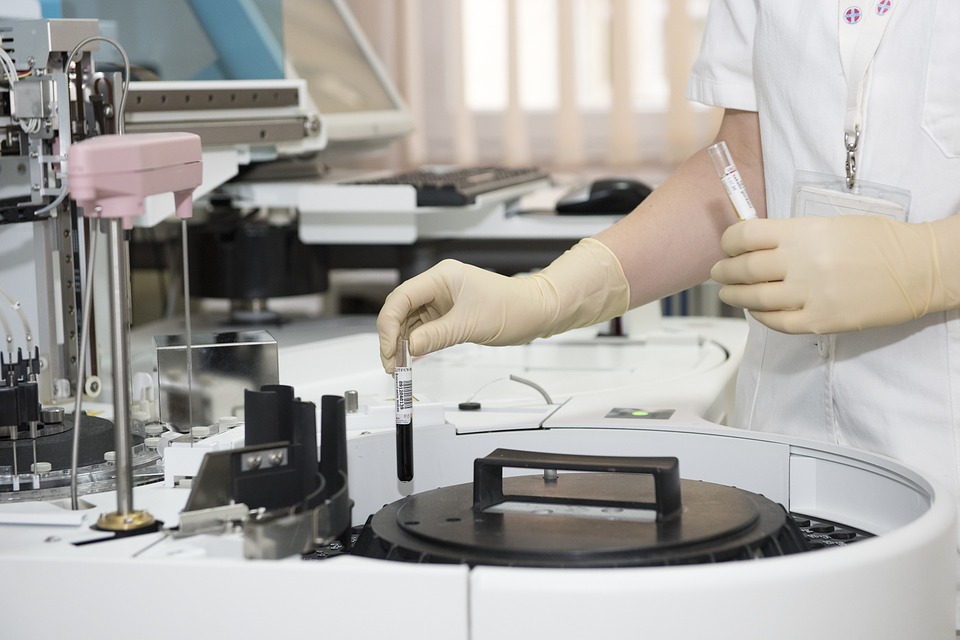In the medical field, laboratories are filled with research and development teams testing and improving pharmaceutical drugs and other life-saving innovations. A key piece of equipment in this is a bioreactor vessel which is used to create a biologically active environment where chemical processes, as well as live organisms, can be tested and studied.
In order to work properly, the bioreactor vessel’s internal environment must remain at accurate temperatures, nutrient concentrations and maintain any pressurization or gases for fermentation or oxygen.
Level sensors incorporated into the bioreactor vessels helps manage these needs.
Level sensing is critical in medical environments and biotechnology especially inside a bioreactor vessel where the process of agitating broth, consisting of cell culture and raw materials, and allowing it to settle happens. Once the broth subsides, fermentation begins and this emits carbon dioxide as a result of cell growth.
The Problem
While the vessel consists of filters responsible for the gas exchange and protection from outside contaminants, foaming resulting from fermentation creates a unique problem in the vessel. If the foam level reaches the filters, it then disrupts the gas exchange and can even damage the filter itself. Once this occurs, staff must use a pricey de-foaming agent to lower the foaming level in the vessel so its use is economically unsound. 

Capacitive Level Sensors
At FluidSwitch we can help with this issue by installing a capacitive level sensor, also known as RF admittance. This will only diffuse the de-foaming agent when the level sensor detects foam.
The Capacitive level sensor works by, “processing capacitance with reference to the dielectric constant of the material being measured and the voltage being used to complete the circuit. These measurements are used to determine vessel levels. Higher levels of dielectric material result in greater capacitance, meaning the former can be easily gauged with the latter.”
Utilizing this sensor would decrease the cost of the defoaming agent as well as decrease the loss of expensive culture in the vessel due to damaged filters. Spend less time trying to keep the bioreactor vessels contents safe and more time focused on developing new important innovations.





